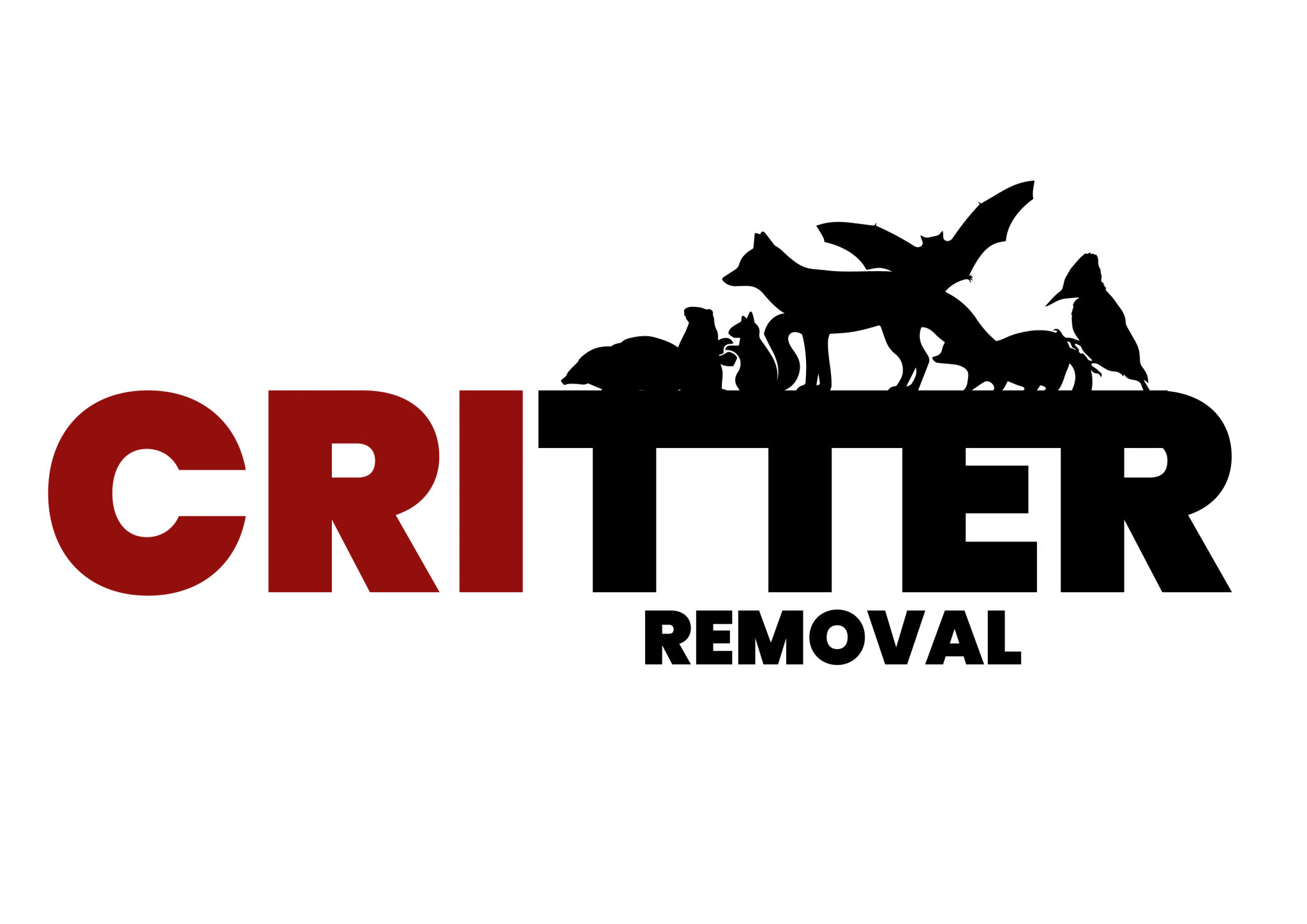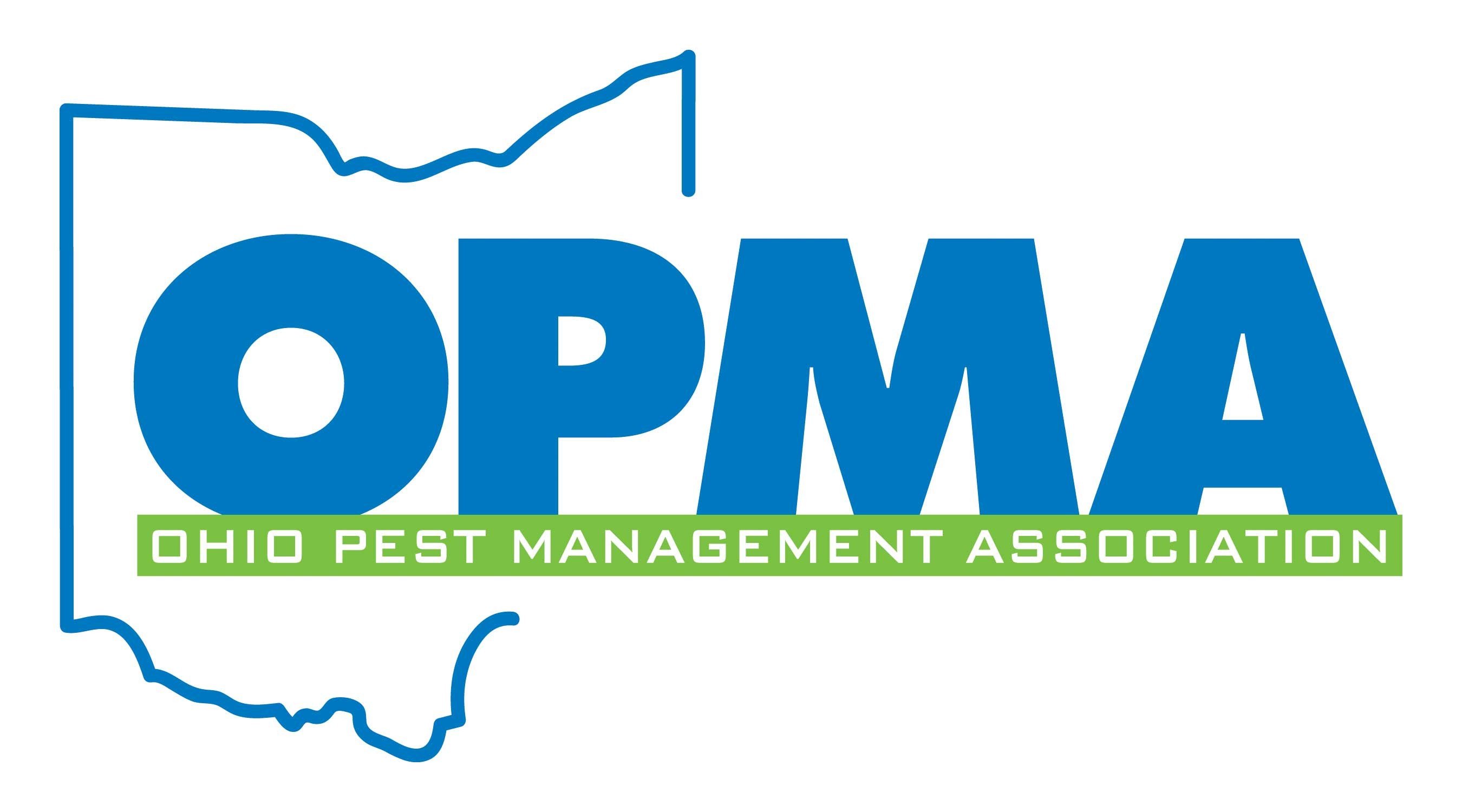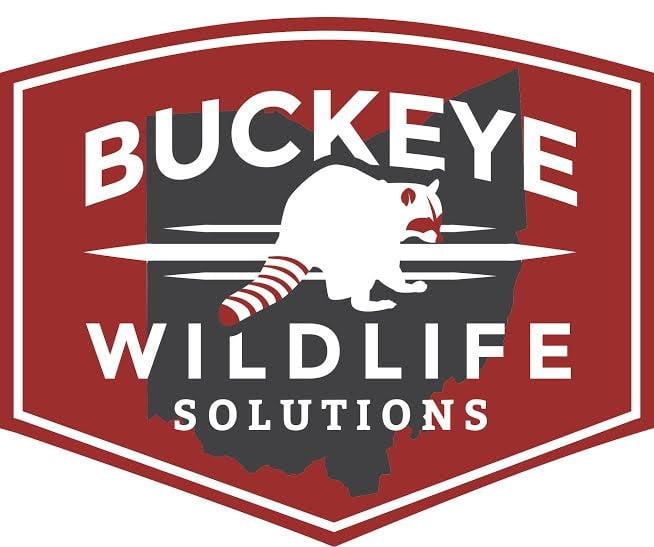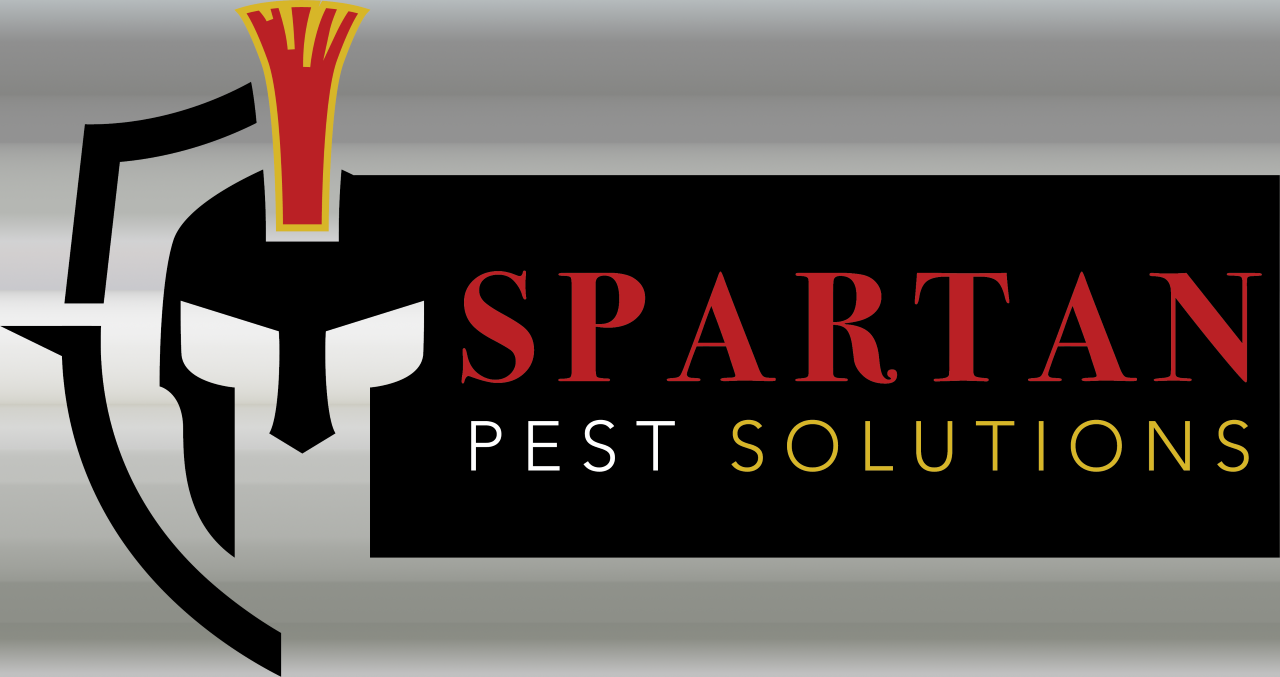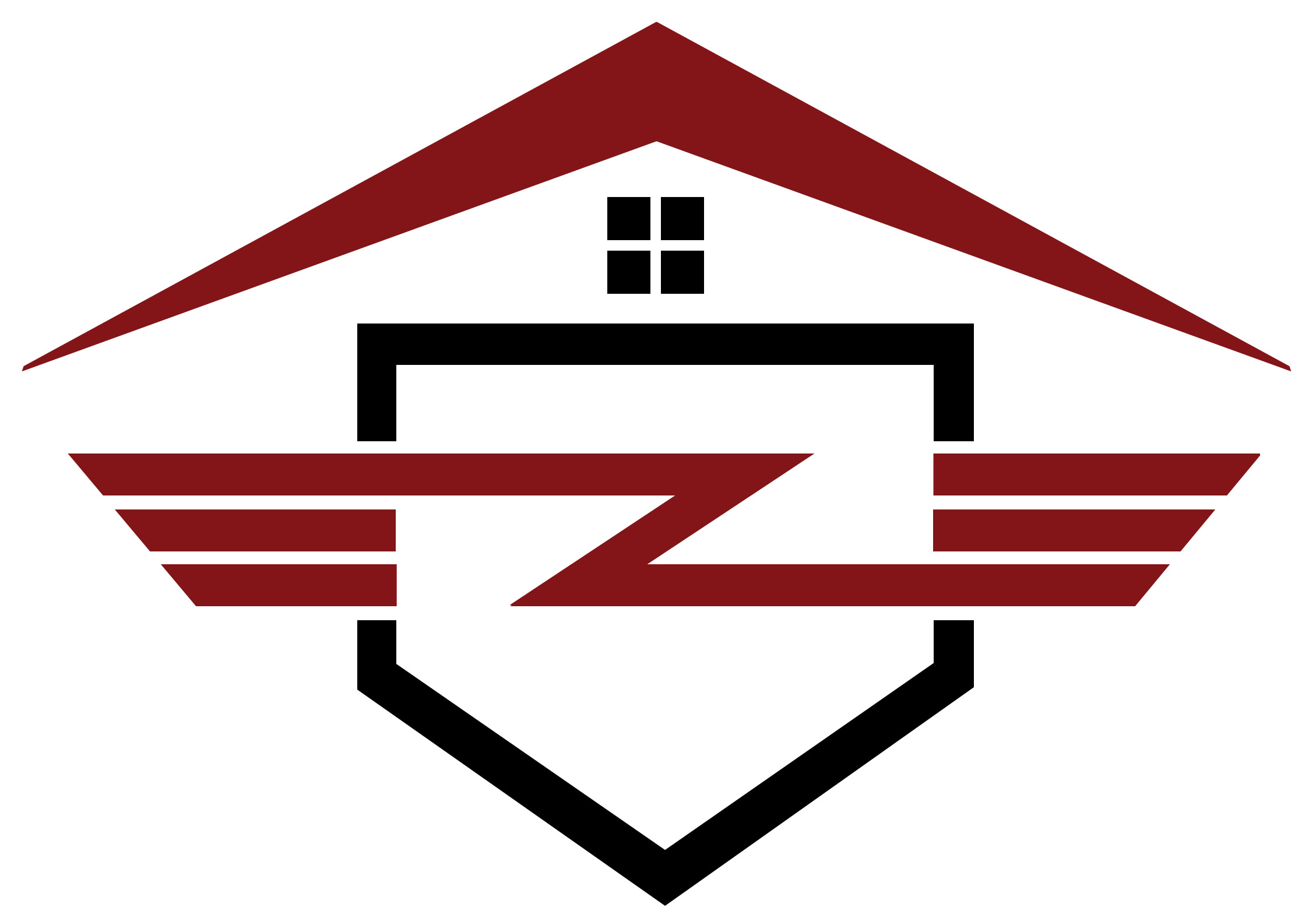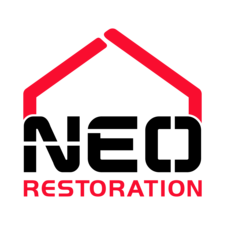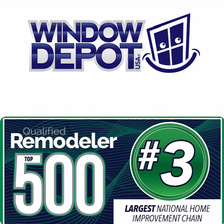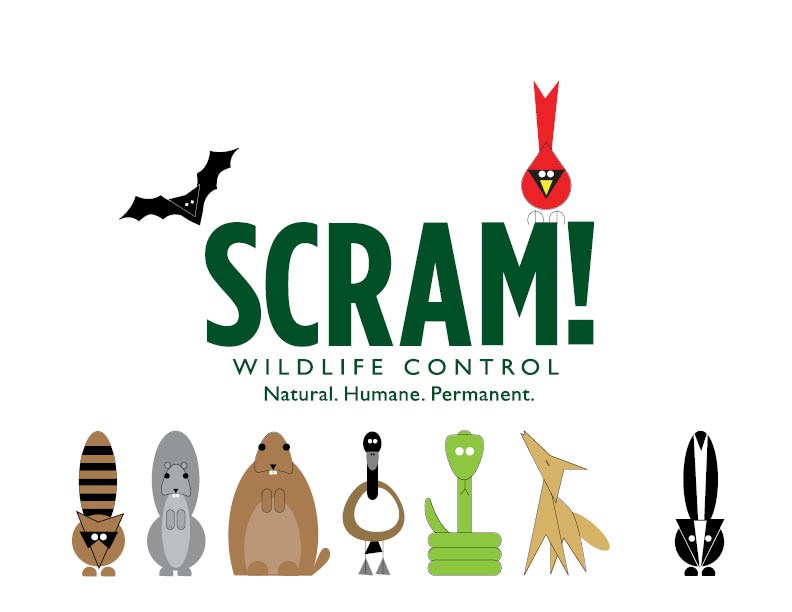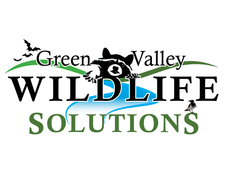
Green Valley Wildlife Solutions, LLC
Green Valley Wildlife Solutions, LLC
We have over 10 years experience in wildlife control work here at Green Valley Wildlife Solutions! Our goal is to give you the best service available, while providing effective, ethical solutions for nuisance wildlife. Animal removal, Quality Exclusion & repairs, Attic restoration & more! Give us a call today to schedule an on-site consultation! Satisfaction guaranteed!
"I spoke with 4 companies regarding installing a barrier to prevent raccoons from burrowing under my porch. Based on my research Green Valley Wildlife Solutions presented the best solution and the cost was very competitive. The work was completed in 2 days, since he did not want to completely seal the porch until he could confirm nothing was still living under the porch."
Keith B on November 2025
We have over 10 years experience in wildlife control work here at Green Valley Wildlife Solutions! Our goal is to give you the best service available, while providing effective, ethical solutions for nuisance wildlife. Animal removal, Quality Exclusion & repairs, Attic restoration & more! Give us a call today to schedule an on-site consultation! Satisfaction guaranteed!
"I spoke with 4 companies regarding installing a barrier to prevent raccoons from burrowing under my porch. Based on my research Green Valley Wildlife Solutions presented the best solution and the cost was very competitive. The work was completed in 2 days, since he did not want to completely seal the porch until he could confirm nothing was still living under the porch."
Keith B on November 2025



